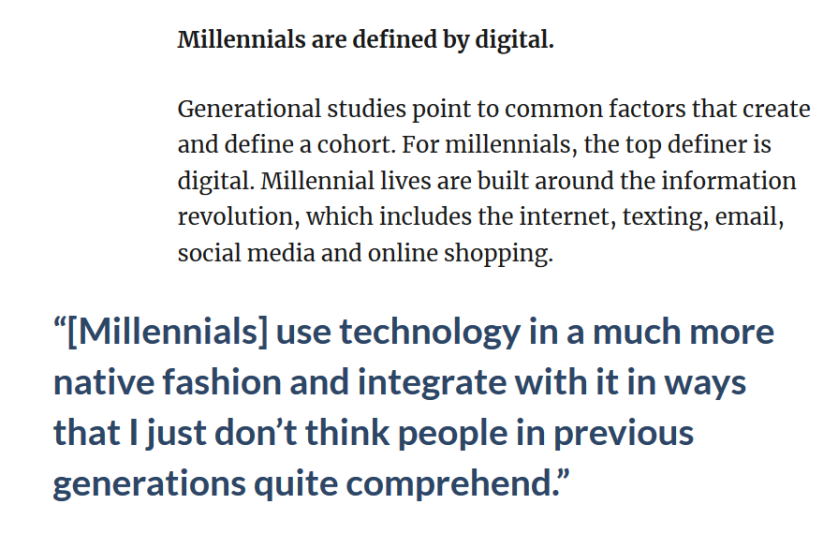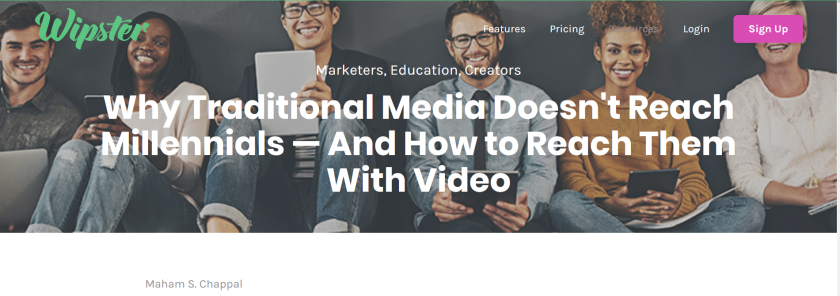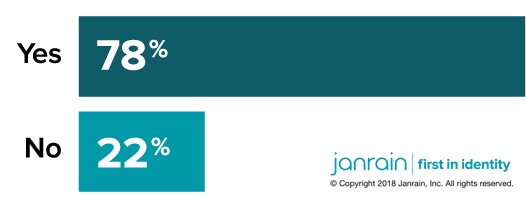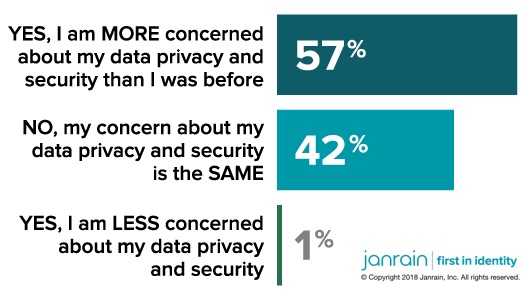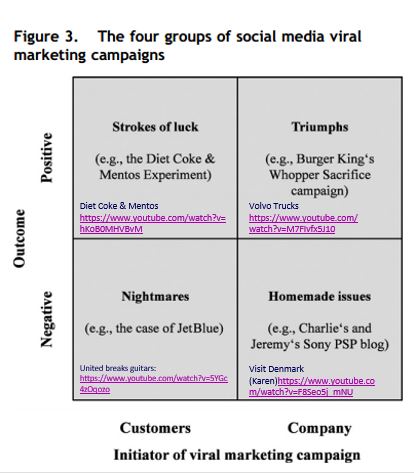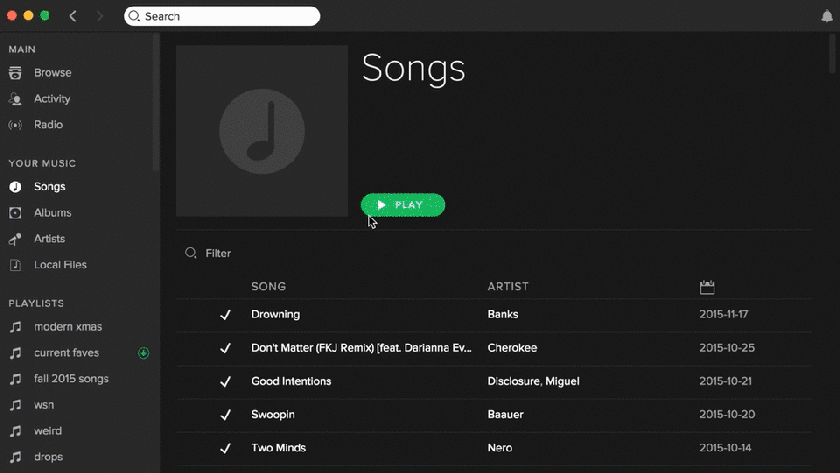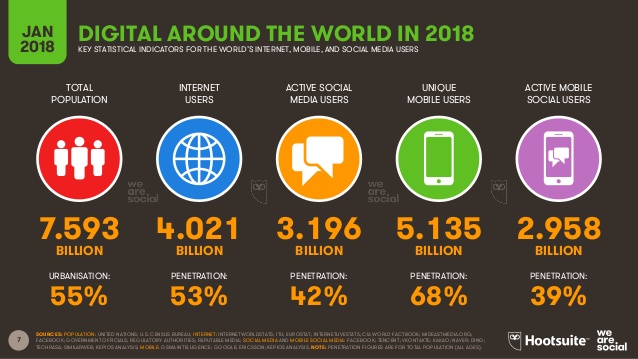Welcome back, you guys! It’s finally the end of the semester, so this will be my last article here. I’ve had a lot of fun writing my blogs and I really hope you guys enjoyed reading them!
Without further ado, I’d like to write about this week’s material, which is a 34 minute long lecture by Professor Mark Ritson, basically saying that there’s there’s no actual thing as digital marketing….

I was just as confused as you are.
But hold on, Let me explain. Answer me this:
What media channels would you use to target millennials to advertise a product?
Did you happen to think of social media platforms like Instagram or Facebook? Then guess what, you have the “digital first” mindset like me, unfortunately. But are we wrong? Why wouldn’t you use social media to target millenials? I mean, the world certainly agrees with us.
These are just two of the hundreds of articles that talk about the opportunities of social media marketing, how much millennials spend online, why traditional media does not reach to them etc.
Because of all these headlines saying so, it’s hard-wired us to believe that social media, or digital marketing is the go to marketing approach.
We no longer even care so much for traditional media because we’re now so convinced that it’s becoming obsolete. But Ritson found that when measured against the same metrics, consumers – including millennials, are still watching 4x more content on TV than on digital devices!
There is a line between digital and traditional media and people to like to choose one or the other but it’s about time that line is gone. Why? Because there are no longer any non digital mediums anymore. It’s all mashed up together!
We now watch YouTube on our TVs, read newspapers on our laptops and read magazines on our iPads. So, why are we still separating digital from traditional, when everything that we used to know have now gone digital?
My key takeaway from this is to not think of social media as this great, the-only-strategy-needed kind of thing, but to think of it as just another strategic tool that can be used along with other types of marketing strategies. Marketers should never forget who their customers are and what method is the best to reach them, then create a strategy from there.
There is no such thing as ‘digital marketing’, it’s just marketing effectively in a digital world.
With that, I hope you’ve enjoyed reading my very last post ever!!!

Cheers everyone, and good luck!
Viola – out!

